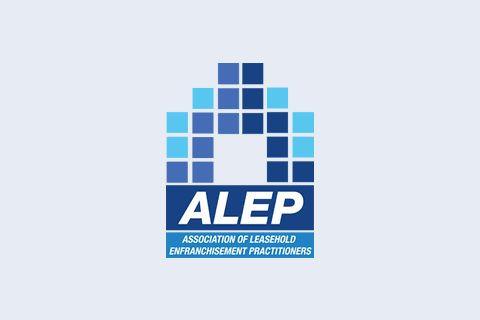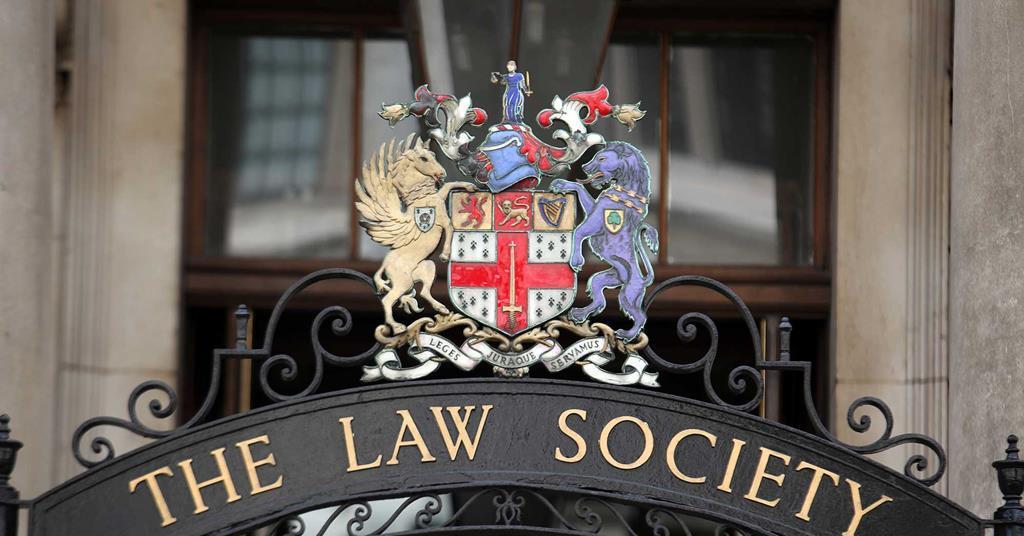Ministerial Statement 21st November 2024 – ALEP comment
Home | Latest News | Ministerial Statement 21st November 2024 – ALEP comment

Share this article
ALEP welcomes today’s ministerial statement which puts in place a timeframe and some objectives – including further consultations – for the implementation of the Leasehold & Freehold Reform Act.
It is clear that government recognises that changes to leasehold legislation are more complex than were first envisaged and we welcome the acknowledgement by the Minister that there are specific and serious flaws within the legislation which must be resolved. This includes amendments to the valuation mechanism.
The Minister also rightly points out that there are issues in relation to the proposed amendments to the threshold for the Right to Manage (RTM). Another issue is that (as matter stand) a 990-year lease extension would not be available for shared ownership properties as their landlords will not have sufficiently long leases to grant 990-year extensions.
The most important change announced today is to the ‘two-year rule’, meaning that leaseholders will be able to access the right to an extended lease immediately, rather than having to wait two years (as is currently the case). This major shift is scheduled to come in January next year. This is a change which ALEP has long supported (since the formation of ALEP over 15 years ago) and will allow much greater flexibility and access to enfranchisement rights. This is certainly a ‘quick win’ for leaseholders and one significant piece of good news.
In terms of timing, we also have the promise to implement the changes to the RTM legislation during 2025 and to consult on the valuation rates next summer.
One of the issues with the 2024 Act is that as a piece of primary legislation it sets out the framework for a number of significant shifts in the law relating to leasehold. However, the implementation of these changes is (in the main) by way of secondary legislation and there is much to do in the detail of this. An example of this that the voting regime in RTM companies will need to be changed if these are to ensure that voting rights are not retained by freeholders in blocks where there are higher percentages of non-residential floorspace. This comes about as a result of the proposed change to the threshold for qualification from 25% to 50% held in non-residential use.
Today’s statement is a recognition by Government that reform is complex and will require more thought. The Statement does not specifically recognise the seven Human Rights challenges currently before the courts. However, it would seem that the prospect of these challenges are forefront in the minds of ministers, specifically in relation to the proposed valuation regime.
It is unfortunate that the 2024 Act was rushed through in the wash-up at the end of the last Parliament and as a result, the legislation that sits on the Statute Book is not entirely fit for purpose. More corrective work will need to be done, and ALEP welcomes the opportunity to assist and continue our work with MHCLG in this respect.
It is encouraging that the Secretary of State seeks to follow through on the manifesto pledge to bring forward a draft Leasehold & Commonhold Reform Bill within this parliamentary session. ALEP welcomes this news, along with the promise of a White Paper on reforms to commonhold in the early part of next year. The widespread introduction of commonhold will be complex, with a wide-ranging and extensive impact across the property market. As such, it is correct that the Government has not rushed into introducing commonhold in the early days of its administration.
We see today’s announcement as a positive step forward. It may not yet go as far as some commentators hope, but it shows an appreciation by Government that reform in this area is complex and will take time. And importantly, it puts in place a timeframe for reform which will be much welcomed by those – from individual leaseholders to professional advisers – who have been adversely affected by uncertainty for the past year.
Mark Chick
ALEP Director
21.11.2024


